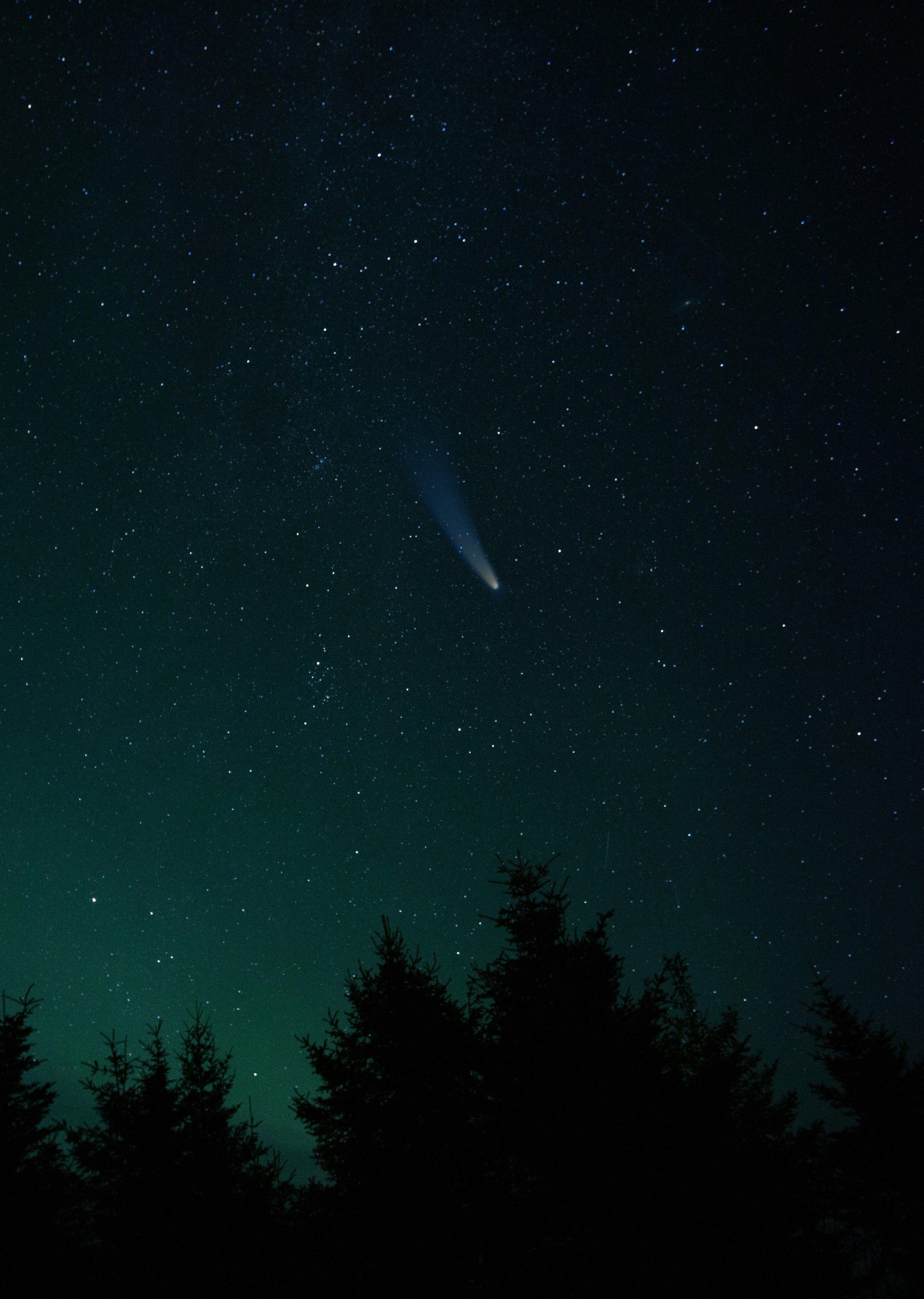
Stories Behind the Stars
Join CLC and longtime teacher, storyteller, and outdoor enthusiast Matt Krug for an evening of stories and star gazing.
Join CLC and longtime teacher, storyteller, and outdoor enthusiast Matt Krug for an evening of stories and star gazing.
Come help us make a hand-painted Big Night & Salamander Crossing Brigade public service announcement (PSA)!
On Saturday, February 8 from 2–10 PM, join us for Winter Fest, a fun-filled community event offering a variety of indoor and outdoor activities for all ages.
With naturalist Kyle Ball. Learn how to identify the four Oak species in this area, and how to efficiently and safely collect and process acorns for eating.
Who took care of baby Zeus? Why does Casseopeaia have to spend half her time upside down? Who might the Greater Bear and Lesser Bear represent? And how can we find all these constellations, and stories, in the myriad stars above us?
Celebrate the end of summer and the gift of community with a magical lantern parade on Chocorua Lake at dusk.
Join us for a movement workshop with Indian classical dancer Mouli Pal, at the Grove at Chocorua Lake. Workshop participants will explore the lake through Indian classical dance Mudras.
Please join us! Burgers, sausages, hot dogs & non-alcoholic drinks provided. Feel free to bring a salad or dessert to share.
Come join us in an exploration where water and land meet, as we venture into the upper wetlands of the Chocorua River!
Join us for an evening Owl Prowl with CLC Stewardship Director Debra Marnich. We’ll take a walk from The Preserve at Chocorua, following their monthly Community Soup Night benefit, listening and calling for owls and experiencing the world of nocturnal animals by the light of a near full moon.
With our abundance of maple trees, have you ever thought of having your own sugaring operation? Are you not sure how to tell a red from a sugar maple, or what the difference is in sugar production?
The beauty of snow is that it provides us with a natural canvas where we can see the pattern of animal tracks, other signs of animal activity, and read a story about the forest in winter.
What rodent increases biodiversity wherever they spend their time, creates habitat for myriad other species, provides housing for other animals, shelters fish, and offers nesting sites for birds on the “rooftops” of their homes? Come find out!
Shelter, warmth, tools, and even food: wood provides so many things to humans and wildlife!
With the diminishment of certain kinds of habitat, including convenient holes in old-growth trees, cavity nesting birds may have a harder time finding places to nest. We can help!
The area around Chocorua Lake provides a widely diverse and rich fungal habitat. Ever wonder about the hundreds of miles of mycelium beneath our feet, of which we see only the fruiting bodies?
Join us for Map Your World with naturalist and outdoor educator Hillary Behr, an outdoor program on reading and making maps for 6- to 12-year-old kids and their caregivers.
Celebrate the end of summer and the gift of community with a magical lantern parade on Chocorua Lake at dusk.
In late summer, insects are everywhere! Join us for All About Insects—for kids! with naturalist and outdoor educator Hillary Behr, an exploration in the field for 3- to 9-year-olds and their caregivers.
Join CLC Stewardship Director Debra Marnich for a leisurely guided paddle on Chocorua Lake to learn about who lives in and around the lake.
With the diminishment of certain kinds of habitat, including convenient holes in old-growth trees, some birds may have a harder time finding places to nest. We can help!
Educator and insect enthusiast Linda Graetz will share her knowledge about the basics of how to identify flies—patience, close observation and describing what you see are the most important skills you’ll need.
Stay that hand before you swat one of these two-winged wonders! We humans harbor too many fears and misconceptions about our friends the flies. Sure, some of them can cause trouble, but can you think of one creature on earth that can’t?
Please join us for our CLC Member Cookout at beautiful Chocorua Park in Chocorua Village next to the dam waterfall!
What are those birds doing? Why are they making that sound? Come learn more with naturalist and outdoor educator Hillary Behr.
”Vernal” means “in, of, or appropriate to spring.” “Pool” means “a small area of still water, typically one formed naturally.” But put them together and you have a magical temporary wetland without which many species would not be able to breed.
In New Hampshire, only four percent of land is early successional habitat. Come learn why early successional habitat is so important for wildlife and pollinator species!
While many plants and a few animals are dormant in winter, the winter woods and fields are full of signs of life and activity.
With our abundance of maple trees, have you ever thought of having your own sugaring operation? Are you not sure how to tell a red from a sugar maple, or what the difference is in sugar production?
Evening Owl Prowl with CLC Stewardship Director Debra Marnich and US Forest Service wildlife biologist Chris Costello!